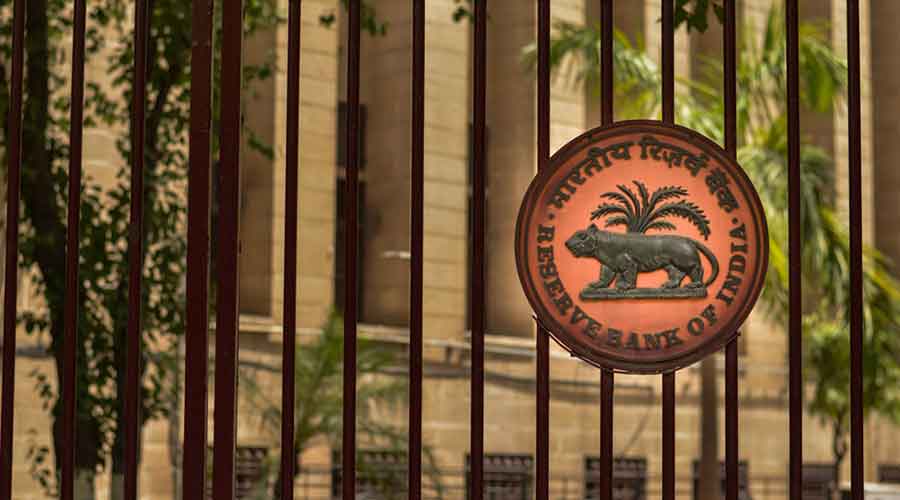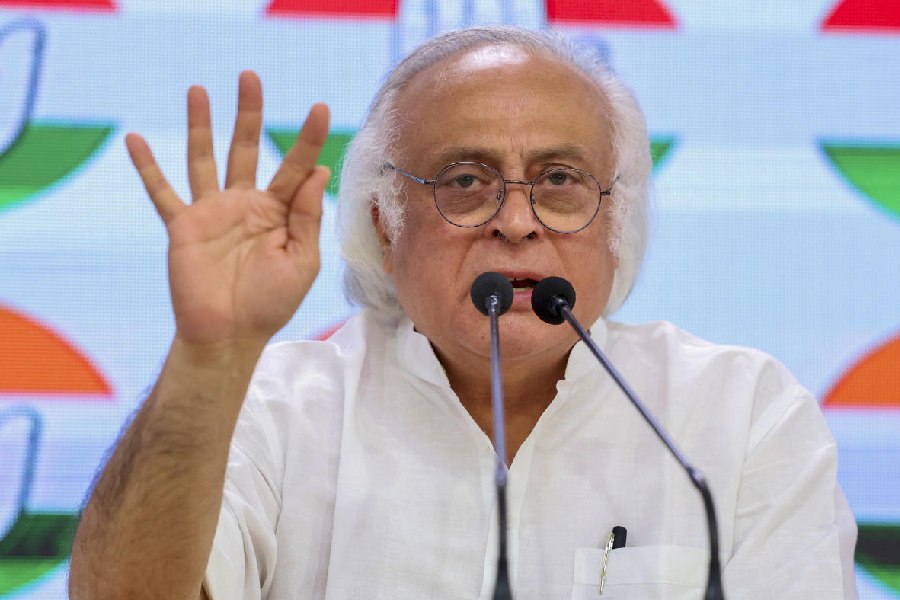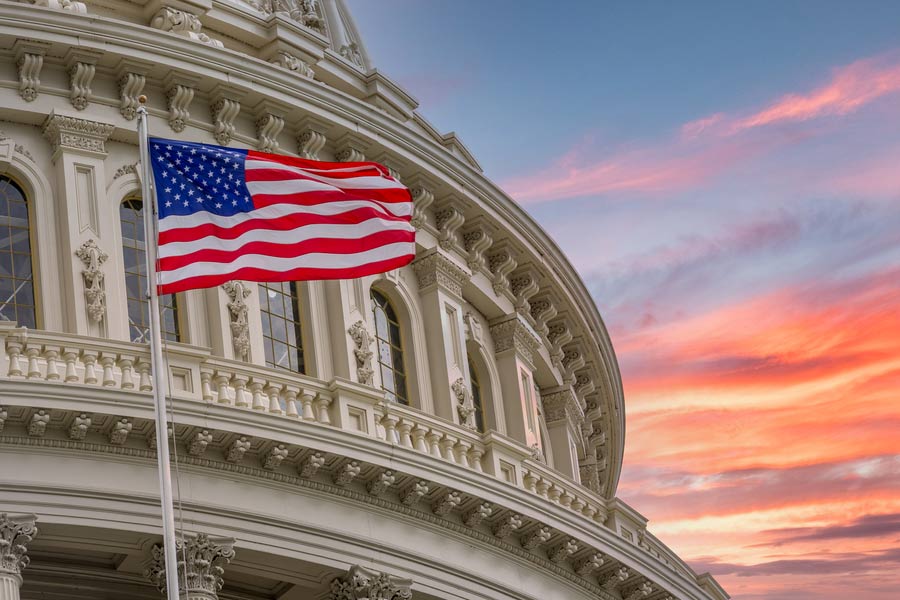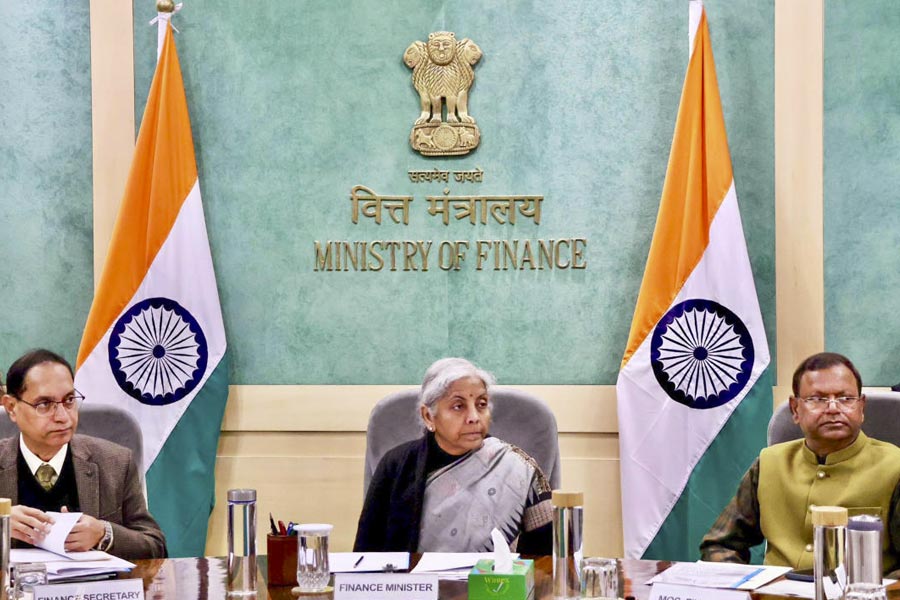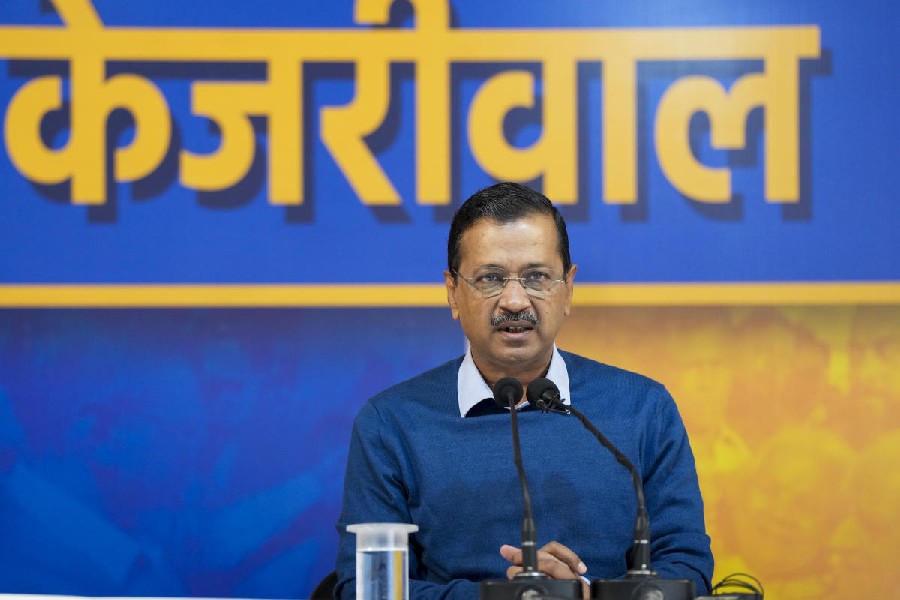The Reserve Bank of India (RBI) on Thursday said payment system operators (PSOs) who use proprietary quick response (QR) codes will have to shift to one or more interoperable QR codes by March 31, 2022.
The regulator also announced a framework for the recognition of a Self-Regulatory Organisation for these operators.
Some of the PSOs in the country include Clearing Corporation of India, NPCI, MasterCard, Visa Worldwide, American Express, Amazon Pay, State Bank of India (SBI) and Punjab National Bank.
In a circular, the central bank said no new proprietary QR codes can now be launched by any PSO for any payment transaction. This comes after it accepted the recommendations made by the Deepak Phatak committee which was appointed to review the current system of QR codes in India.
The RBI added that it will continue a consultative process to standardise and improve interoperable QR codes. It further disclosed that the two interoperable QR codes in existence — UPI QR and Bharat QR — will remain.
The panel had said that proprietary or closed loop QR codes are a hindrance to an open, interoperable payments ecosystem and that there should be a clear plan to phase out such codes in favour of open, interoperable standards.
Meanwhile, in a separate notification, the central bank also announced a framework for recognition of a self-regulatory organisation (SRO) for the operators.
The RBI said an SRO should have authority, derived from membership agreements, to set up behavioural and professional standards and enforce them on the members apart from objective and well-defined processes to make rules and enforce them among the members.
It should also have standardised procedures for handling conflicts and disputes, as well as methods to resolve them through a transparent and consistent dispute resolution mechanism.
An SRO, the regulator said, should be set-up as a not-for-profit entity under the Companies Act, 2013.
“While self-regulation would release regulatory resources that can be better focused on issues of systemic importance, it would, by virtue of being developed by the industry itself, be more appropriate and encourage better compliance,” the RBI observed.

